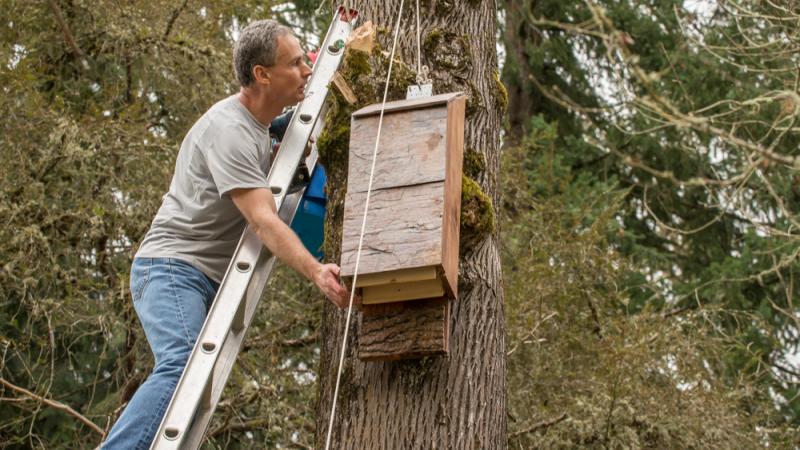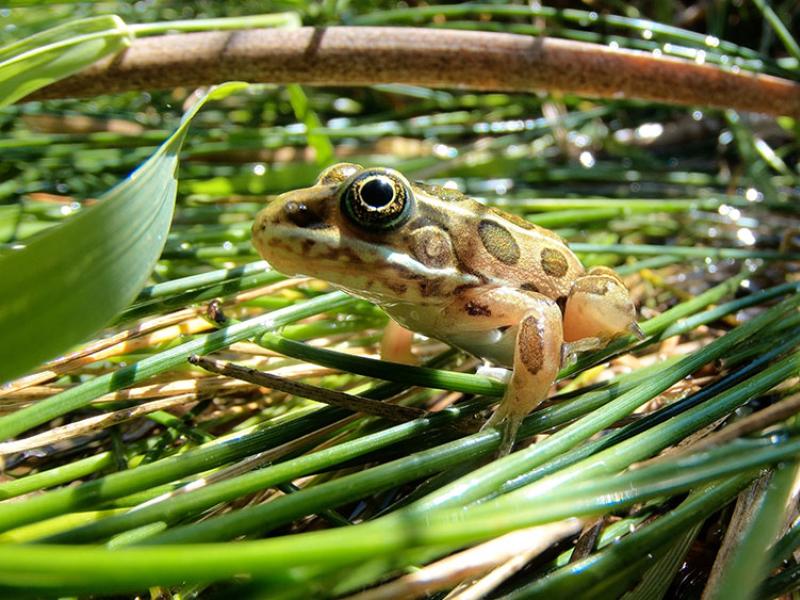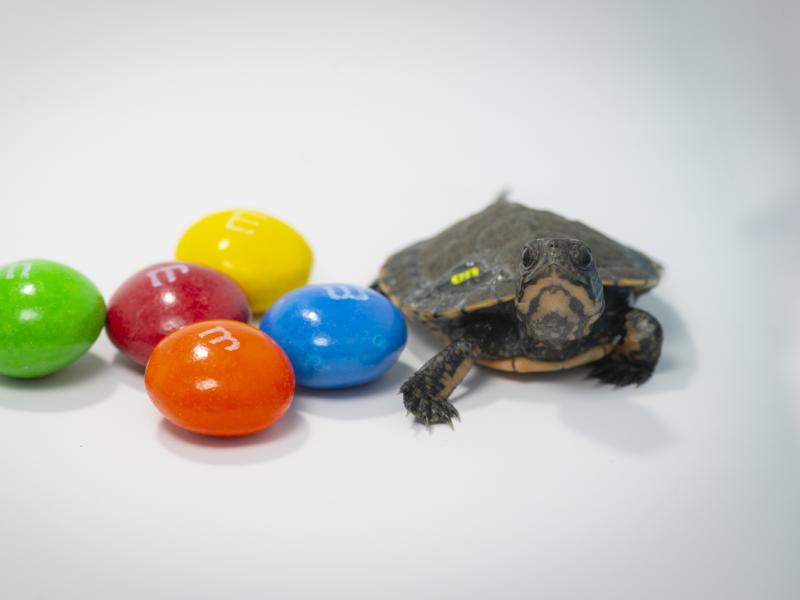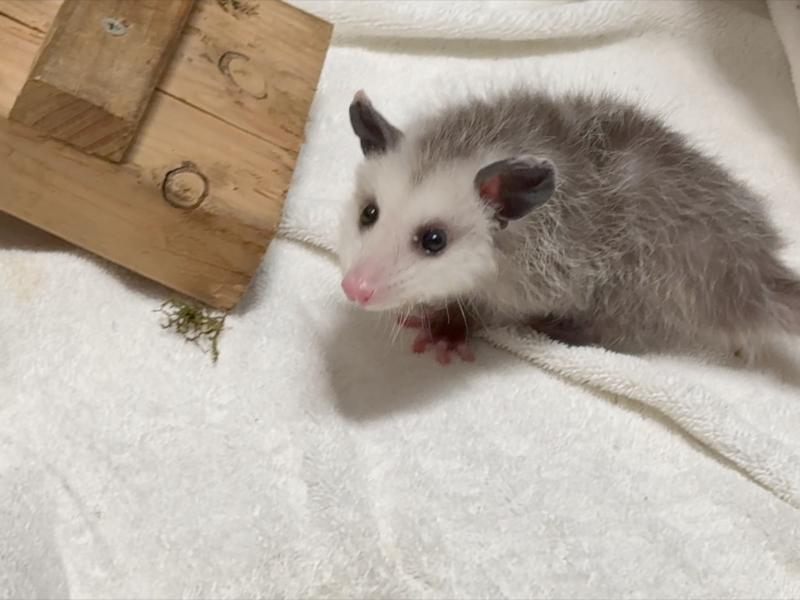5 ways to help protect bats in the Pacific Northwest

We're fortunate to live in a very batty part of the country. At least 15 species of bats call Oregon and Washington home, and thankfully for us, they all eat insects (including mosquitoes and bugs that damage trees).
Bats help keep our environment healthy. Here are 5 ways we can return the favor.
1. Help stop White Nose Syndrome
White Nose Syndrome is a fungal disease that has killed an estimated 6 million North American bats since it was first documented in 2006. This year, it was detected in the Pacific Northwest. Help stop the spread of WNS by avoiding contact with potentially infected sites and decontaminating gear and clothes after you've entered bat roosting areas. Learn more.
2. Respect bats' privacy
In winter, avoid exploring mines and caves where bats may be hibernating. An early wake-up can cause them to freeze. In the summer, if you encounter a large group of bats roosting together in the Pacific Northwest, you're looking at a bat nursery. Quietly leave the area to avoid disturbing mother bats, which may drop or abandon their babies if frightened.
3. Build a bat box
When you build and install a backyard bat house, you're creating a home for bats and a learning opportunity for kids, not to mention a very entertaining form of insect control. Get instructions here.
4. Go pesticide-free
Chemical pollution may weaken bats' immune systems, making them more vulnerable to disease. You can play it safe with the wildlife sharing your property by eliminating toxic gardening products. Here's how.
5. Leave snags standing
Snags, or dead standing trees, make excellent bat roosts, and provide habitat for many other creatures. If you have a snag on your property, think twice before removing it. It's one way you can protect wildlife by not doing anything at all.
More News

A leap forward: Endangered frogs hit survival milestone
For the first time, zoo-reared northern leopard frogs survived a winter in the wild at the Columbia National Wildlife Refuge.June 12, 2025

Tiny Endangered Turtle Hatchlings Arrive At Zoo
Seventeen northwestern pond turtle hatchlings, each about the size of a walnut, are making themshellves at home at the Oregon Zoo this summer.June 4, 2025

Awesome opossum! Orphaned baby finds new home at zoo
A tiny opossum found wandering earlier this month has made his way to a new home at the Oregon Zoo.May 28, 2025

